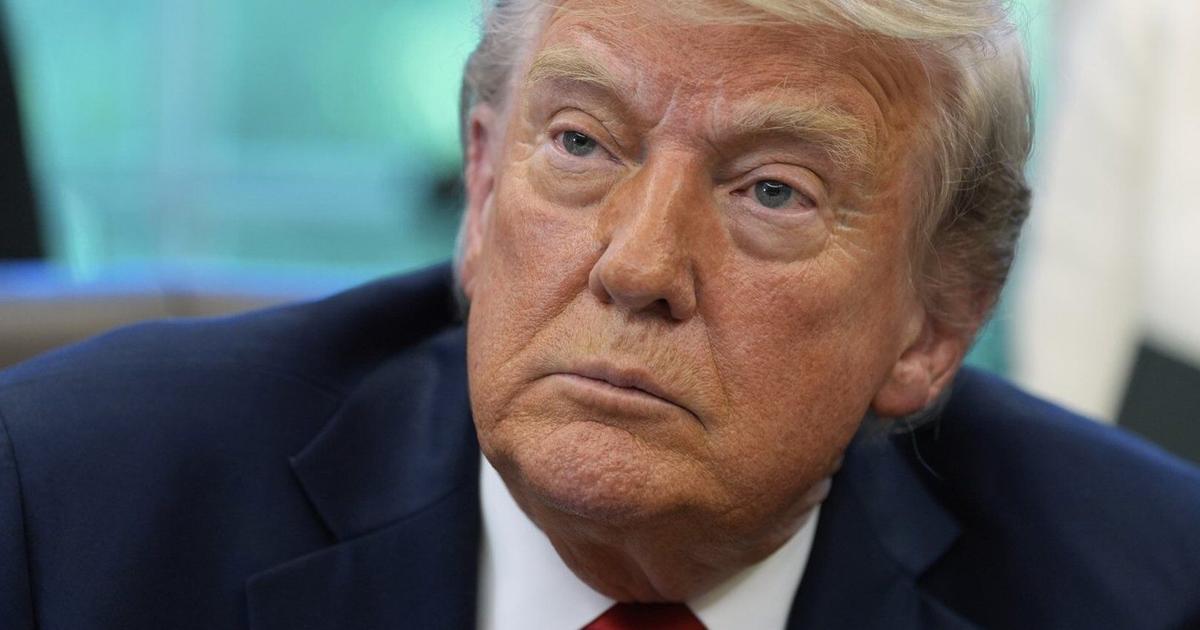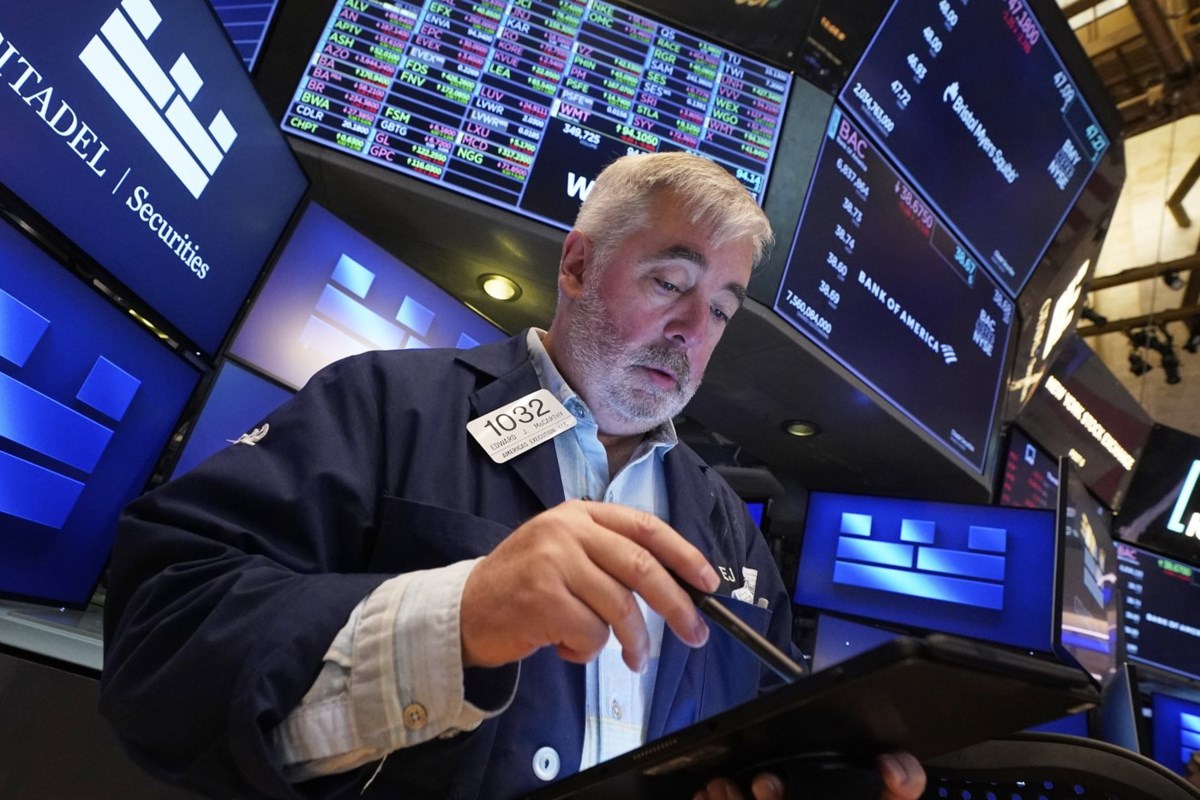Call of the Wilde: Washington takes series lead with 3-1 win over Montreal Canadiens

While it was a loss, the feeling was positive after game one for Montreal. The Canadiens were not overwhelmed. However, the Canadiens felt it was time for real victories instead of moral ones. They showed again that the rebuild is going extremely well, but the series is not. It was a 3-1 win for the Capitals to take a two-game series lead. Wilde Horses After a strong first period without results, Montreal knew the immense value of the first goal. The Canadiens got it early. The surprise line down the stretch in the regular season was Christian Dvorak with Brendan Gallagher and Josh Anderson. They all played their best hockey. In fact, Dvorak played the best hockey of his Canadiens career. It was Dvorak who counted when he took a big hit to make a play. He and Anderson were both in front of the net taking pain to make to create offence. The Canadiens needed a goal in the third and some positive trends started to develop. Lane Hutson began to slow down the game like he did in the regular season. Kaiden Guhle showed that he has the physical ability to battle well in some quite deep trenches. Ivan Demidov began to look more comfortable after a deer-in-the-headlights start. Juraj Slafkovsky started to look more able to handle the pace. Wilde Goats Hockey is such a game of chaos. Montreal was handling the situation in Washington so extremely well. They were leading and in control. But puck luck struck fast and it struck hard. Connor McMichael didn’t have much going for him on his foray around the net. He was alone with two defenders surrounding him. McMichael simply threw it back to the middle. He didn’t even throw it at the net. The attempt had zero chance of success on its own. However, you can’t plan for a 90-degree billiards bounce off a shin pad and into the net off David Savard. Less than a minute later, not much of a powerful shot. It was an easy handle for Samuel Montembeault. However, the rebound went off his pad at the perfect moment that Dylan Strome was doing a fly-by. An easy goal for Strome. Out of almost nothing, the Capitals turned the game upside down to lead 2-1 from a 1-0 deficit. Hockey is a game of chaos. It is also fickle. Montreal deserved better, but one seeds somehow figure it out, even when they don’t merit it. An aspect of the games that has gotten no attention at all, yet seems unusual is the Capitals’ stunning amount of late hits. No one is even talking about it on the broadcast or around the league, but the rulebook does say a player is allowed to complete his check only 1.5 to two seconds after the puck is gone. Many hits from Washington are coming well after two steamboats. There has to be an expectation that there won’t be a hit after the puck is gone three seconds, or it isn’t actually even hockey anymore. It is simply indiscriminate hitting. It’s wrestling with sticks. If this much hitting is allowed when a player hasn’t even possessed the puck for three seconds, then the Canadiens are too small a hockey team, and they need to fill their roster with much more size. The league is proud that the regular season and playoffs are different, but intensity can’t be solely defined by this. Better playoff hockey has to include the actual puck. Is playoff hockey better than the regular season? Or is it simply that more is on the line during the game, so it feels better? Personally, it doesn’t feel that entertaining to me. Goals go down. Chances go down. Excellence by talented players goes down. Puck skills go down. Late hits go up. Crosschecks go up. Sticks go up. Tackling goes up. None of this is an attractive version of this breathtakingly beautiful sport when it’s working. Three times, Canadiens players have been clearly cross-checked in the face. None of the the three had a penalty called. Caufield got cross-checked in the face just as he was about to attempt a point-blank shot to tie the game in the final two minutes. The people who sell the game to all of you will hate these thoughts, but the NHL changes its standards so much from the regular season to the playoffs, it’s laughable. Let’s see what it looks like in the next six weeks, but to me, it looks like they’ll all be grinding it down in quicksand by June. And that’s the reason the ratings go down as the playoffs continue, and not up like all the other major sports. By the semifinals, the rulebook is one page long and no one in the NHL has a problem with it. Wilde Cards It’s been a consistent theme at the Call of the Wilde that Montreal is one 200-foot centre shy of being upper echelon. Never was it more apparent than in game one of the series. There are doubters of the Canadiens top line, but, once again, they proved they compete and excel against anyone. The line was responsible for both goals, but more than that their story was told in scoring chances. Nick Suzuki, Cole Caufield and Juraj Slafkovsky had 11 chances for to only three chances against in game one. It’s a shame that there is a narrative brewing that Caufield is too small because he got run over by Alexander Ovechkin in game one. With that 15-stride head of steam Ovechkin had, he would have ‘freight-trained’ anyone standing still, unaware and defenceless. Caufield is fine. He rarely gets hit. The Canadiens’ first line was a top-five line in goals and chances per-60 minutes in the regular season, then they dominated in the playoffs first game too. The issue is line two and there can absolutely be no doubt about it. It was the second line that was on for the overtime winner for Ovechkin. Capitals Head Coach Spencer Carbery made sure he had Ovechkin out against the Newhook line as often as possible with the last line change. The scoring chances show utter dominance with a 10-1 advantage for Washington. Even if the second line could get that into only a marginal deficit category, it would alter game outcomes. To be completely dominated is a certain path to playoff failure, and until it is corrected, organizational failure. The second line must be corrected. The blame tends to fall on the centre’s shoulders in Alex Newhook, but the other two members are also to blame for the difficulties. Newhook is actually skating well and lifting his career ceiling. The only issue is that he is simply not a centre. Patrik Laine is also a massive issue. He is one of the poorest five-on-five players in the NHL. He processes the game at a stunningly low speed. He also cannot get it in his head that the value of a dump-in is high over a neutral zone turnover when he is constantly stripped of the puck at centre ice. The Canadiens should be spending time on offence after a simple Laine dump-in; instead, they are scrambling to recover and often short-manned defensively from the needless error. The third member of the line is forgiven. Ivan Demidov looked tremendous in his first two games in the regular season. Every time he touched the puck, he did something outstanding. However, the intensity of the playoffs ratcheted up so much in game one that he was overwhelmed. Demidov had only a few touches. He did zero offensively and was behind the play defensively. It will be interesting to see how the coaching staff handles Demidov the rest of the series. If they have their eye on the importance of winning this series, he may be replaced in the lineup. If they take the long view that this is important experience for the future, then he will remain playing. The view here is every game and every player, who is a part of the brighter future and the bigger picture, must experience these moments. That includes even if these moments are painful. This point isn’t just for Demidov. It’s for Arber Xhekaj as well. The Stanley Cup isn’t on the line this season. This is all a massive unexpected bonus. It’s preparing Xhekaj for the future that counts. It’s preparing Demidov for the future that is the more important end-game. Let the youth mature through the experience of playing. Add a strong second centre to the roster next season, hope David Reinbacher is healthy, wait for Jacob Fowler and Michael Hage to arrive, and look out. The Canadiens will all be ready to ride with the best of the east in the years to come. Brian Wilde, a Montreal-based sports writer, brings you Call of the Wilde on globalnews.ca after each Canadiens game.

















